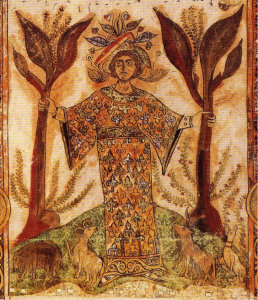Historical Reflections/Réflexions Historiques (HRRH) has established a well-deserved reputation for publishing high quality articles of wide-ranging interest for over forty years. The journal, which publishes articles in both English and French, is committed to exploring history in an interdisciplinary framework and with a comparative focus. Historical approaches to art, literature, and the social sciences; the history of mentalities and intellectual movements; the terrain where religion and history meet: these are the subjects to which Historical Reflections is devoted. Contributions are invited from all fields of intellectual-cultural history and the history of religion and mentalities.
Some specific themes include:
- Music history
- Social policies and societal change (including studies with a comparative focus)
- Material culture and emotions
- Architectural and garden history
- Small businesses
- Colonial/imperial studies
Manuscript Submission
The editorial board welcomes submissions for publication in English or French. Authors should submit articles as email attachments, formatted as Microsoft Word or Rich Text Format files. Please note that all correspondence will take place via email. Send submissions and complete contact information to the editor, Elizabeth Macknight at e.macknight@abdn.ac.uk.
Have other questions? Please refer to the various Berghahn Info for Authors pages for general information and guidelines including topics such as article usage and permissions for Berghahn journal article authors (www.berghahnjournals.com/historical-reflections).
Indexed in:
- Arts & Humanities Citation Index (Web of Science)
- Scopus
- Historical Abstracts
- ERIH PLUS
For a full listing of indices, please visit the website www.berghahnjournals.com/historical-reflections
Contact: info@berghahnjournals.com

